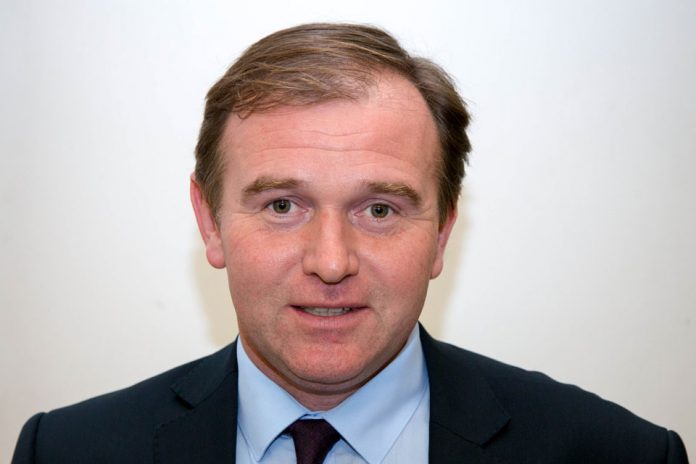We have a long-standing trade in live bivalve molluscs to the EU from UK waters. This has benefited both our own shellfish industry and EU restaurants and retailers who rely on these premium products from the UK.
Recently, concerns have emerged for our trade in live bivalve molluscs to the EU coming from UK Class B production waters which have not been through purification or have not cleared testing.
The European Commission has changed its position in recent weeks. They advised us in writing in September 2019 that the trade could continue. We shared the Commission’s view and worked with the industry on that basis. This included explaining that for one small part of the industry – wild harvested molluscs from Class B waters – there would need to be a pause while we awaited a new Export Health Certificate to become available in April but that in line with the guidance from the EU trade in the molluscs from farms could continue uninterrupted.
We continue to believe that our interpretation of the law and the EU’s original interpretation is correct and that the trade should be able to continue for all relevant molluscs from April. And there is no reason for a gap at all for molluscs from aquaculture.
However, last week, the Commission gave us sight of instructions they had sent to all Member States on 3 February stating that any imports into the EU from the UK of Live Bivalve Molluscs for purification from Class B waters, such as the sea around Wales and the South West of England, are not permitted. Exports from Class A waters, such as we find around parts of Scotland, may continue.
Bringing an end to this traditional and valuable trade is unacceptable. I recognise this is a devastating blow to those business that are reliant on the trade. While we do not agree with the Commission’s interpretation of the law, we have had to advise traders that their consignments may very well not be accepted at EU ports for now.
I am seeking urgent resolution to this problem and I have written to Commissioner Kyriakides today. I have emphasised our high shellfish health status and our systems of control. I have said, if it would assist the trade, we could provide reasonable additional reassurances to demonstrate shellfish health, but this must recognise the existing high standards and history of trade between us. It is in the EU’s interests to restore this trade; many businesses in the EU have invested in depuration equipment and are configured around managing the export of molluscs from Class B waters.
We have met the industry several times and they are of course extremely concerned. We are working well with the Shellfish Association of Great Britain who are taking up the issue in meetings with European counterparts.
The molluscs affected include mussels, oysters, clams and cockles. In general, the scallop trade is less affected. Scallop exports may instead undergo pre-export testing, as was the case before exit. However, we know that there are some businesses who have not traditionally been working in that way. We are discussing with them how we may help.
The issue does not affect molluscs landed in Northern Ireland. It does however affect movements from GB to Northern Ireland.
I know that this issue will be of great concern to many exporters around the country. Defra will continue the technical discussions with the European Commission and I will update the House with any developments in due course.







